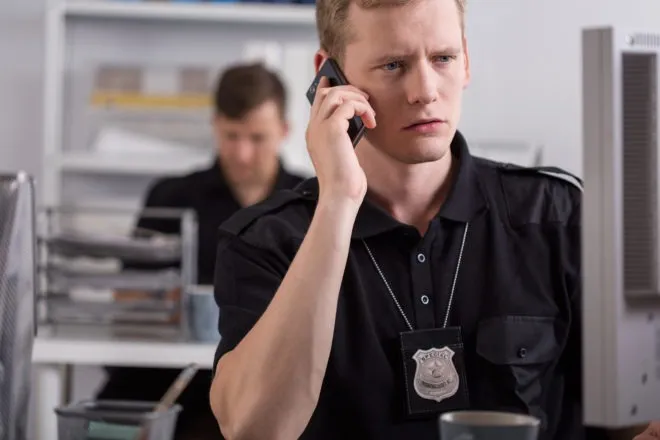

Call Attorney Marni Jo Snyder 24 Hours / 7 Days:
215.515.3360
These days, nearly everyone has one or more accounts on social media. Whether it is Facebook, Twitter, Instagram, or YouTube, it has become common for people to share parts of their lives or enjoy watching the lives of others through social media.
What many people don’t realize, however, is that social media posts can and frequently do get used by police as well as prosecutors to prove someone’s guilt or catch them in the act while committing a crime.
Many people think that if they set their profile to “private” that it cannot be detected. This is not true. Once something is posted on a social media site, law enforcement is able to access it. Just because the average citizen can’t access a private profile does not mean that more sophisticated detectives and court officials cannot.
Facebook and other sites allow law enforcement to easily request details about someone’s account. Most of the time law enforcement’s request or subpoena contains an order requiring Facebook to keep the request confidential.
That means if law enforcement is looking at someone’s private messages or social media posts, the person who posted them will never know about it. The report delivered can contain the person’s name, email address, friends list, private messages, photos, and more.
Another tactic police use is to pose as someone else on Facebook and send friend requests to suspected criminals. The fake profiles can look like the person’s friend or perhaps be an attractive man or woman. Once the fake profile is added to the friends list, the police can see photos, videos, other friends, check-ins, etc.
For a free legal consultation, call 215.515.3360
Some people may think that just because they don’t post about committing crimes, they are safe. This is not the case.
Police and prosecutors use social media to show that an accused person “likes” certain things (such as gang pages or drug-related accounts), that they are friends with or have photos with known criminals, that they wear colors or clothing associated with a particular gang, that they “checked in” near the location of a commission of a crime, and many other things.
These posts can be used to prove conspiracy, gang activity, drug manufacture or sale, and many other crimes.
To increase community admiration and as a deterrent to crime, police are in the habit of posting or sharing photos and videos about criminals.
This practice, commonly called “shaming”, usually includes a caption such as “Got ’em! Maybe that robbery wasn’t such a good idea after all” underneath a photo of the defendant taken from the person’s profile.
The family and friends of the individual can see these posts, and that can be very embarrassing. These photos are also harmful because they often occur before a trial and make the defendant seem guilty without any opportunity to defend themselves.
Often, police refuse to remove these posts even if the person was later found innocent or the case was dismissed.
Unfortunately, there is only one way to avoid law enforcement using posts against people in court – they must refrain from posting them in the first place.
People should not post photos, status updates, or comments that they would not want someone to see as part of a job interview or in court someday.
They should also avoid checking into places that could later link them to crime, such as known criminal hotspots or neighborhoods known for drug distribution.
In addition, people should be careful to avoid adding convicted or otherwise known criminals to their friend lists and. Of course, they should also avoid adding anyone they do not know on social media.
These measures may seem unfair to some people. Everyone wants to enjoy social media and post whatever aligns with their life and values. However, in the modern climate of crime prosecution, there is too much to risk by posting on social media websites, especially if the poster is involved in or knows anyone involved in criminal activity.
Make sure that you take a screenshot of the offensive words and be sure that your screenshot contains the date or that you are able to prove the date that it was posted in some way. Often, threats and accusations are made on social media that are relevant to the defense of criminal cases.
Your lawyer might want to review the posts from the witness that you have gathered to determine whether they call the witness’ credibility into question, but they cannot use them if you delete them or fail to preserve them.
If you are facing charges that are linked to something you posted, you need a criminal attorney by your side that understands the modern trends of social media and can fight to have the information you posted excluded or offer a defense that will protect your rights. Contact our offices for a free consultation at 215-515-3360 for a free consultation.
Call 24/7: 215-634-9792
Email: info@snyderlawyer.com
Fax: 215-376-6981
This website is for general informational purposes only. The act of sending an e-mail to the Firm or any attorney at the Firm, or submitting a form response or other materials through the website, will not create an attorney-client relationship. The only way to create an attorney-client relationship with the Firm is through a written agreement.Read More